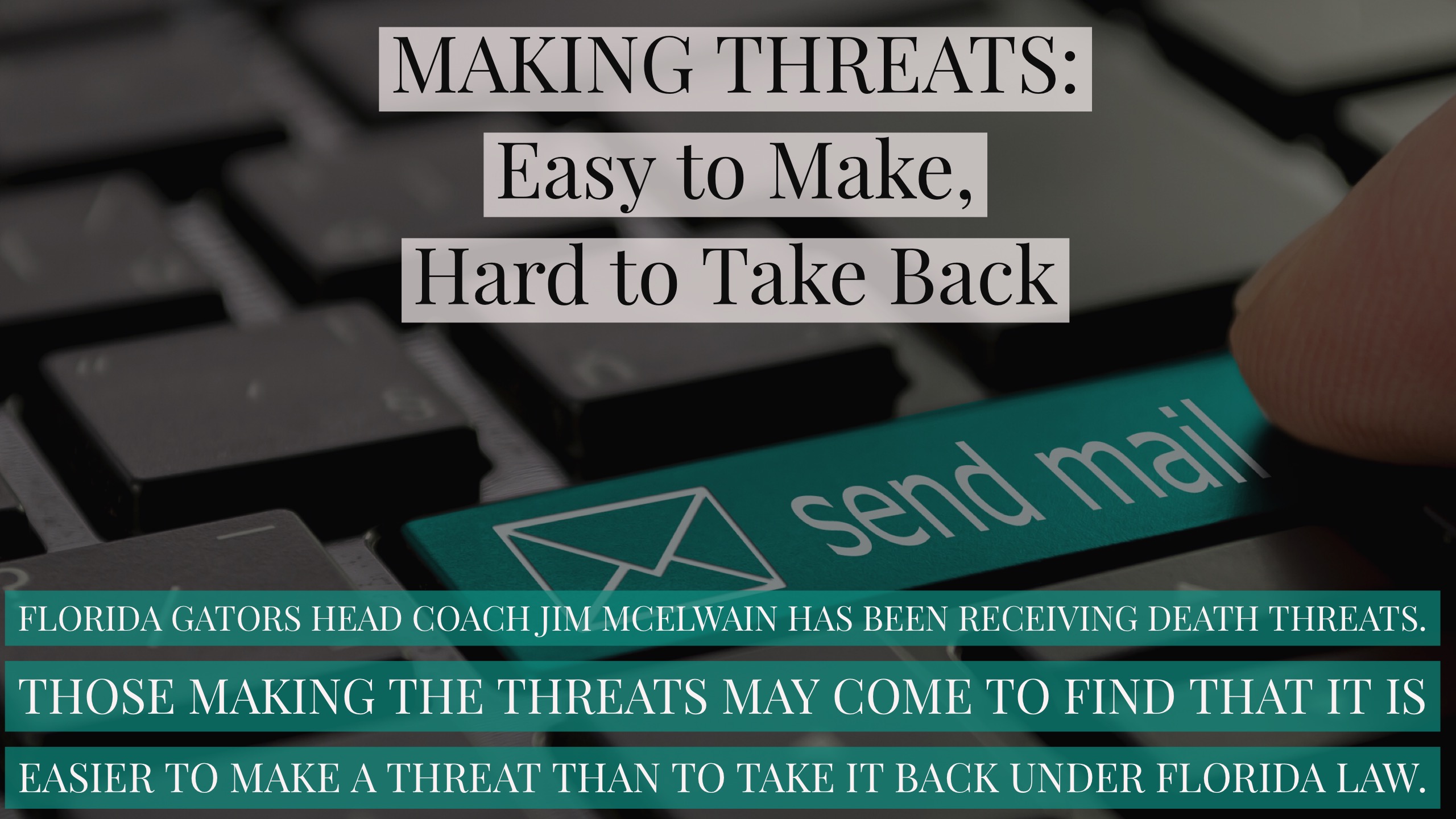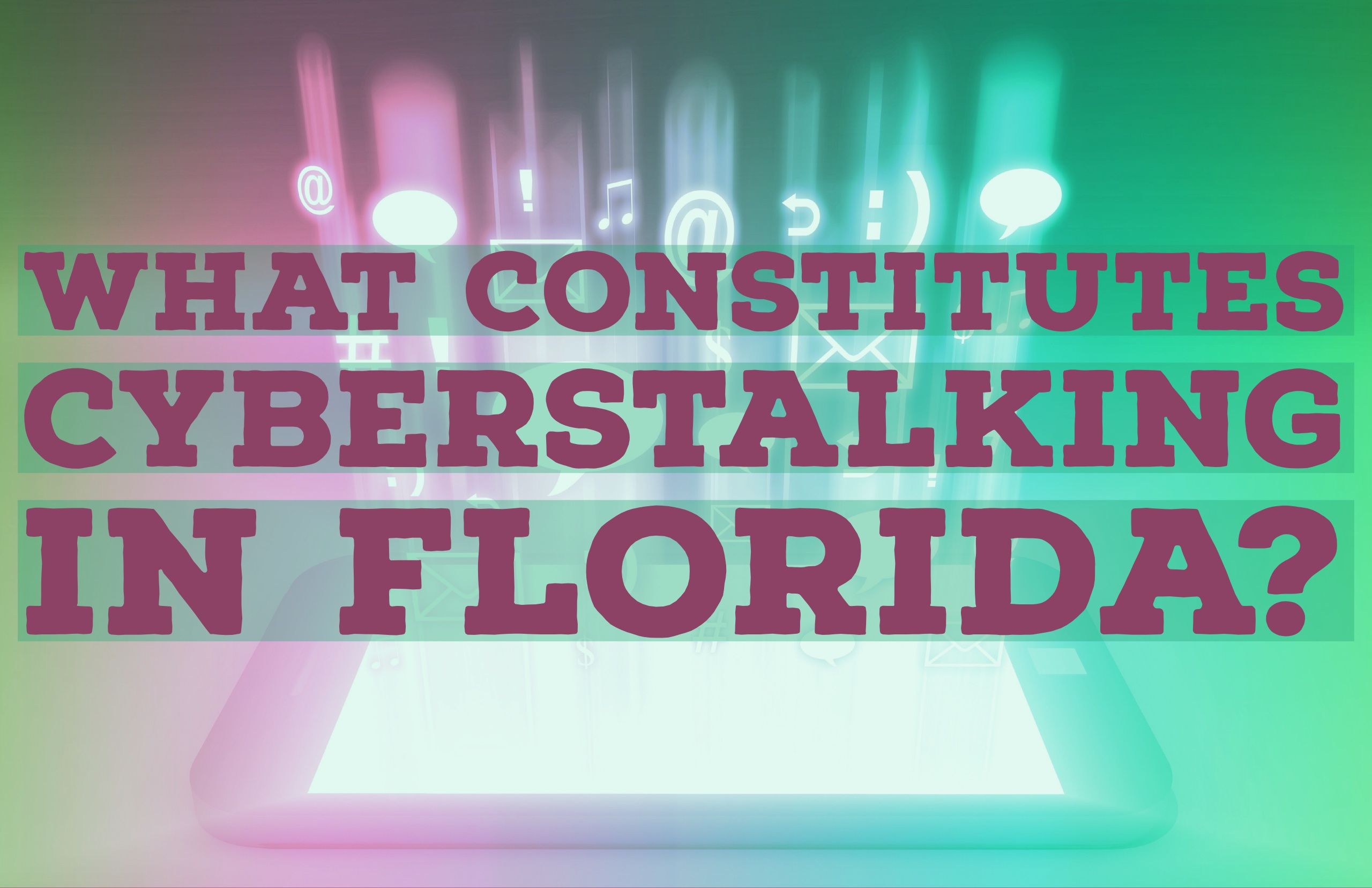In Florida, the state has a certain period of time from the date a crime has occurred to prosecute the defendant. Like other states, Florida has statutes of limitation which set out a number of years within which the state must prosecute a person for committing certain crimes. The period of time provided in the statute of limitations depends on the nature of the crime. Two years is common for misdemeanor crimes in Florida, and four to five years is more common for felony crimes. For instance, for a felony, if the state does not prosecute a defendant within five years of the date of the crime, the criminal defense lawyer can file a motion to dismiss the case because the statute of limitations has run. This situation commonly occurs when the police believe a suspect has committed a crime and issue a warrant or capias for that person. However, the suspect is not caught and brought to court for several years, beyond the time period indicated in the statute of limitations. In that case, the criminal defense attorney may be able to have the case dismissed.
However, there are exceptions to the statute of limitations. The Florida statute itself is fairly ambiguous, but a recent Florida Supreme Court case attempted to clarify one of the confusing parts of the statute. In this case, the defendant allegedly committed the crime in 2009, and a warrant was issued for his arrest. The statute of limitations for the crime was three years. The state did not arrest and charge the defendant until later in 2012, more than three years after the crime was committed. The criminal defense lawyer filed a motion to dismiss the case because the state was attempting to prosecute the defendant more than three years after the crime occurred.
The state argued that the statue of limitations was tolled, or delayed, because the suspect was continuously out of state for part of those three years, as the statue specifically mentions a defendant being out of state as an exception to the running of the limitation period. The criminal defense attorney argued that the state has to show that they diligently searched for the defendant in order to avail itself of the benefit of the tolling of the statute. The statute is not clear as to how these two factors interact with each other. The question is whether the state merely has to show that the defendant was out of state for a continuous period, which tolls the statute of limitations during that time, or whether the state also has to prove they diligently searched for the defendant and his/her absence thwarted their prosecution of the defendant.

 Jacksonville Criminal Lawyer Blog
Jacksonville Criminal Lawyer Blog



 Believe it or not, yes, you can. Florida’s DUI statute, Fla. Stat. §316.193, prohibits a person from driving, or being in actual physical control of, a vehicle while under the influence of drugs or alcohol or while having a .08 BAC level or more. Notice that the word “motor” is not present before the word “vehicle.” The legislature specifically wanted the DUI statute to apply to more vehicles than just motor vehicles. So, what is the definition of a vehicle for purposes of the DUI statute?
Believe it or not, yes, you can. Florida’s DUI statute, Fla. Stat. §316.193, prohibits a person from driving, or being in actual physical control of, a vehicle while under the influence of drugs or alcohol or while having a .08 BAC level or more. Notice that the word “motor” is not present before the word “vehicle.” The legislature specifically wanted the DUI statute to apply to more vehicles than just motor vehicles. So, what is the definition of a vehicle for purposes of the DUI statute?
 The Florida Time Union released a
The Florida Time Union released a 


